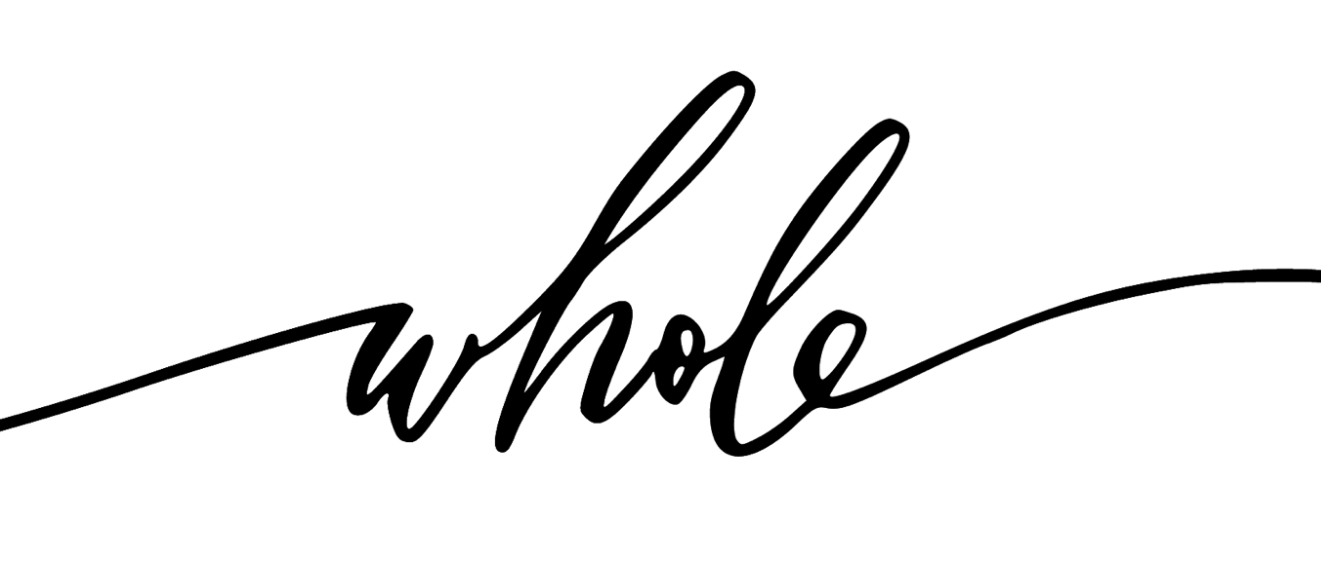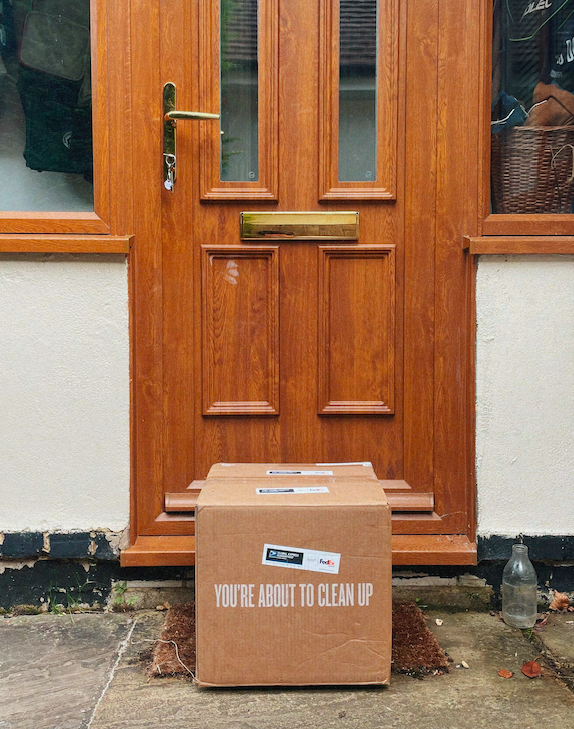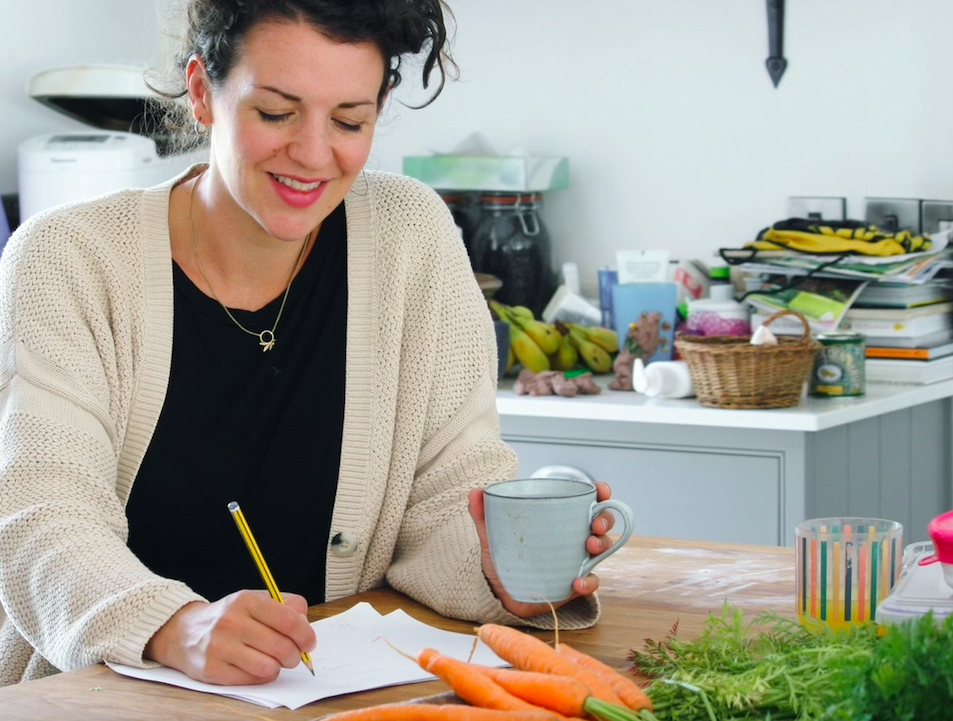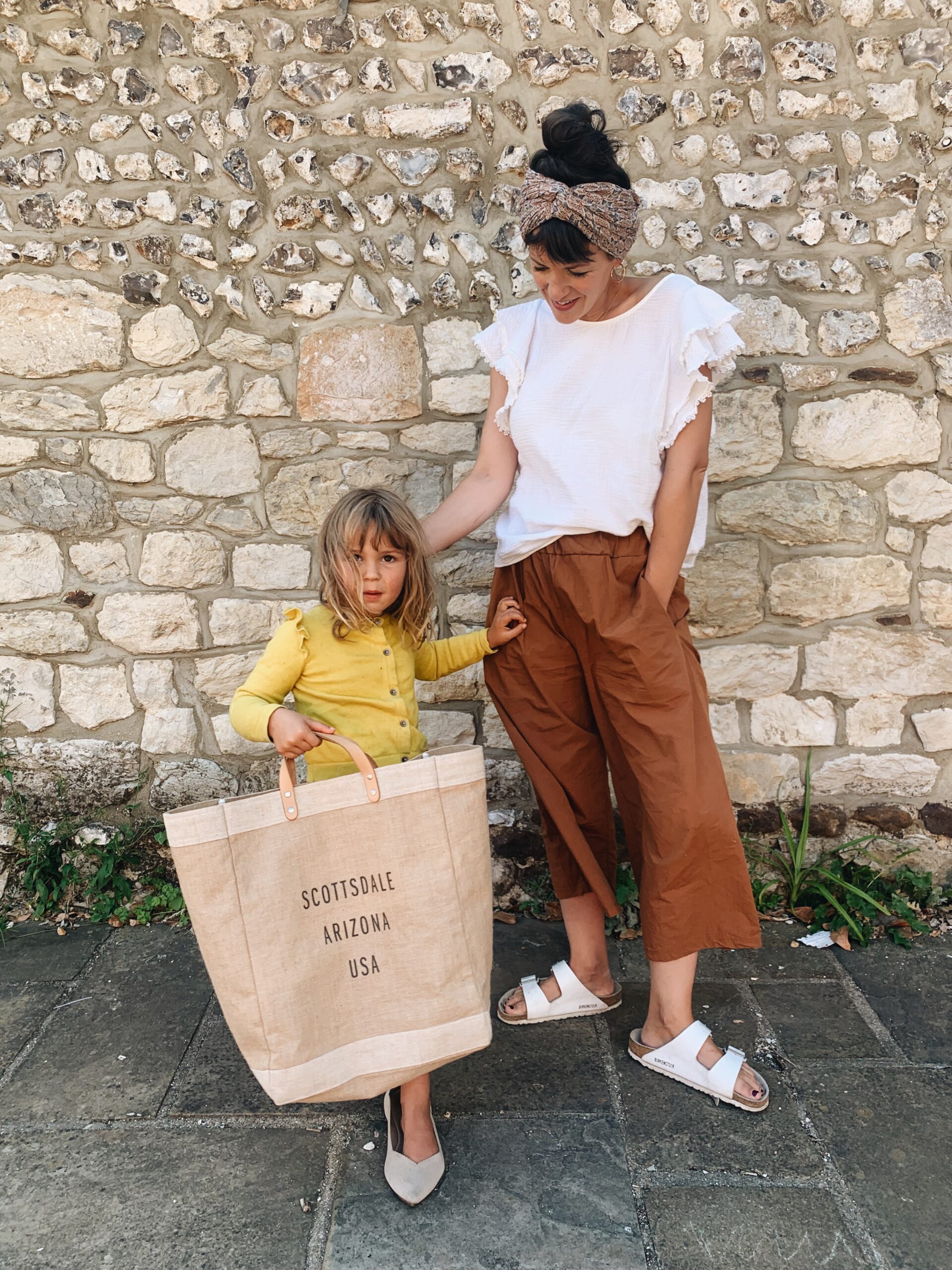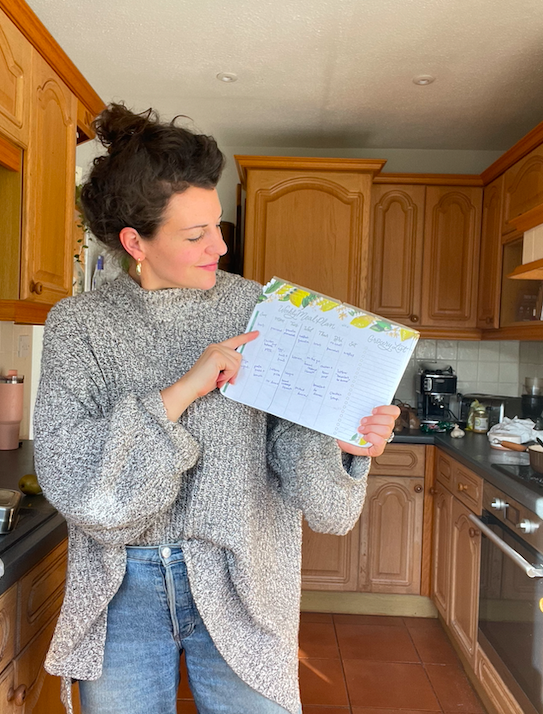Another ethicals exposé? 10 practical steps to start responding well + making change!
The week I’m writing this, the New York Times posted a piece featuring stories of young migrant workers in the United States and their exploitation in the supply chains of popular household brands. Yes, another story like that. But it could be this week in 2023, the 2013 Rana Plaza disaster, or any week in between with another story of similar realities.
Why? The lack of transparency in supply chains (as in, we just don’t know where things are coming from and neither do companies), and our distance from the people creating what comes into our home paired with the constant need for faster and cheaper goods means it’s a constant issue. But when we hear of yet another exposé like this, it can often feel hard to connect it to our lives. There can be overwhelming paralysis of “Ah, nothing is ok anymore, there’s a problem with everything.” which can easily lead to checking out and throwing hands in the air. How can we bring change?
I get it.
As an honestly often overwhelmed mum of three who wants to see change in so many areas, sometimes I struggle to imagine time to even think about adequate responses.
But change is needed.
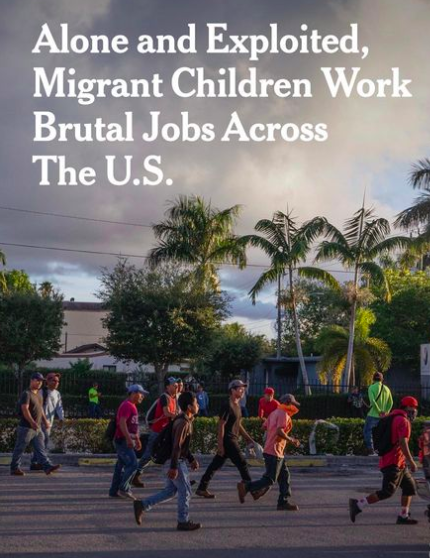
So here’s how I personally approach these stories and realities with some practical steps for daily action
Firstly, reflect on the fact that more information lets us make better choices. So even if I’m overwhelmed, I’m grateful I now know and can start to do better. I start by simply acknowledging that. Then there are many routes we can go down to respond from engaging with law makers, to writing to companies, protesting, and others.
I think the entry point for me where we all need to take steps is slowing down, and adjusting the choices we’re already making as we shop. Do we know who is being impacted by the things we buy? Is someone negatively impacted because of what comes into our home? Can we do a step better?

10 practical steps for the journey of being a more responsible consumer
1. BE OK WITH A JOURNEY. More information means better choices, and that’s a GOOD thing! But it’s a lifelong journey, it’s lots of little steps, don’t be overwhelmed. But do decide to be on a journey. Be ok being uncomfortable and knowing you need to make some changes.
2. CELEBRATE THE ABILITY TO MAKE CHANGE WITHOUT EVEN LEAVING YOUR HOME OR ROUTINE! For me, in this stage of life with kids and motherhood, I can’t do what I wish I could sometimes in pushing for change. But the least I can do, is to do better with what I’m already doing. Too make sure that what I bring into my home isn’t hurting people as best I can.
3. SLOW DOWN IN YOUR SHOPPING. Try to decide you’ll grow in being content with what you have even just for a time, to allow you to make better shopping choices. Even for someone deep into this journey, I have to change my self talk to align with this. I ask myself, “is my need for _______ right now bigger than my need to try and protect the people involved?” It helps bring perspective!
4. GO SECOND HAND FROM CHARITY SHOPS WHERE YOU CAN. This is another simple way to not even dig into brands or supply chains but to use what’s already in circulation. So you’re very easily not supporting a brand with a non traceable supply chain.
5. LOOK FOR THIRD PARTY CERTIFICATIONS like B corp, Fair Trade, Fair for Life, GOTS certifiED, FLOCERT, BCI (better cotton initiative), WRAP or the Who Made My Clothes movement. No certification is perfect, but they’re all a step in the right direction and this is what we need. There are many unregulated terms like “ethical sourcing” that might be used wrongly but even if we tend only to companies claiming something – we’re probably taking a step in the right direction.
6. START ASKING QUESTIONS AND DIGGING INTO A BRAND. Read the “about” page of a brand’s website. Learn about founders. See if they have an “ethics” tab or anything that talks about supply chain transparency. If a brand is caring about the people in their process they tend to shout about it, so a lack of any information is usually a telling sign.
7. PRACTICE ERRING ON THE SIDE OF ‘I’LL WAIT’ OR ‘I WON’T TAKE THE RISK’. When we’re not sure what a company is doing, and we don’t know it’s supply chain, it’s easy to think “Ah I’m sure it’s fine” or “I’ve heard bad things about this brand but I’m not sure they were right. It’s probably not too bad.” But the chances are there’s a better option if we’re not sure. And
I want to practise putting those people in the supply chain before myself and erring on the side of “What if I can take care of people better here?” Practice deciding that you’ll pause if you’re not sure, especially if there’s doubt.
8. SHOP SMALL AND LOCAL. This isn’t foolproof, “even” in America or the UK exploitation could be local. But brands focusing on small and local, are more likely to know their supply chain. Often it’s not that brands are trying to exploit people but that theres a breakdown (sometimes conveniently, or intentionally ignored) so not having a global supply chain leaves less room for issues. Small companies that are growing things themselves, and making things on a small scale themselves have more transparency – and more ability to know and investigate their supply chain. When we did a month of eating locally i found I knew exactly where each ingredient was coming from – I could have visited, and I could often see pictures of where it was produced and grown.
9. LOOK FOR MORE DIVERSE COMPANY LEADERSHIP. Female and minority led businesses statistically do more for corporate social responsibility. (More on that HERE and HERE.) There are some helpful links below.
10. SAY ‘NO’ TO BUYING WHEREVER YOU CAN. I know it’s not easy, but it eliminates the need for even researching a company and supply chain, it doesn’t demand more raw materials faster and cheaper, and in some places it’s the easiest route with the benefit that it’s also a budget and eco win!
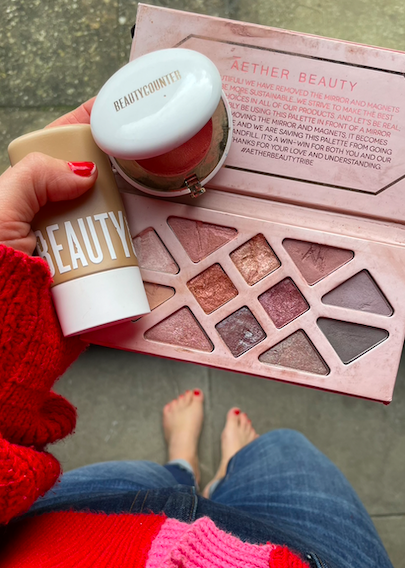
Some perspective I find helpful on lack of ethics and supply chains
These stories surfacing can feel like “oh no not another bad company?” But when we get disconnected from the supply chain of what we bring into our home, and when we then as consumers demand and choose cheaper, faster, instant.. there’s a high chance that’s going to be met with cut corners somewhere at best and abuse, trafficking and exploitation at worst. It helps me to remember our story with being disconnected from the supply chain of our products has been a messy one from the beginning in this country, it’s not that something new surfaced, it’s more that an ongoing awful reality just got some airtime. It’s a reminder we need to be on the journey of change. It’s also the disconnect that often allows this to happen in brands. They don’t actually know what’s going on in the supply chains, which makes it easy for this kind of exploitation to be perpetuated. The same goes for us as consumers, if we don’t know where the things we buy are coming from… we more easily allow it to keep going.
“how can my one house make a difference?”
If you feel small in bringing change – sometimes I do too. One thing I do is to I think about the individuals who are suffering the lack in supply chain transparency. I think about the idea of “loving our neighbour as ourselves” and how that used to mean someone we looked in the eyes. But now, the neighbour in our lives, the person one step away from our choices, might be far far away and never seen by us. But I want to treat them as if they were next door. And to me that means doing what I can to change my actions even when there’s a company between me and that person.
I hope it helps to hear how someone else approaches this in the overwhelm, below are some posts from years on this journey with some companies to look at that are better caring for people and planet and bringing a greater level of supply chain transparency.
